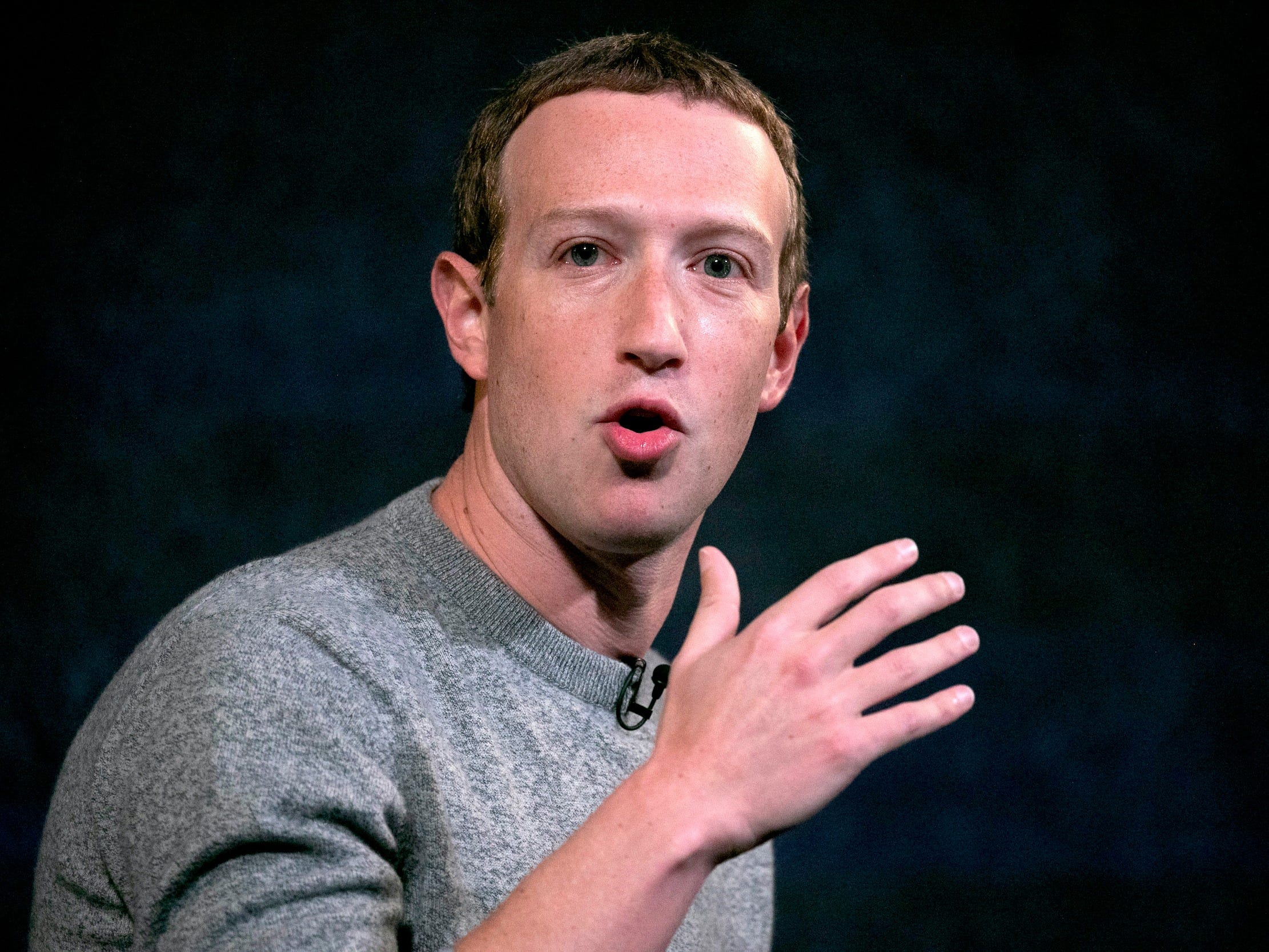
AP Photo/Mark Lennihan
- The Information reported Facebook is building a team that would build a services feature, connecting users to freelancers for home repair jobs and other small tasks.
- The TaskRabbit-like services tool would live on Facebook Marketplace, a place users can sell or exchange goods to one another, according to the report.
- The company introduced Marketplace in 2016 and amassed 800 million global users within two years, Facebook said.
- Many Americans turned to freelancing during the recent pandemic: Upwork found 24% more people decided to enter the gig economy this summer than in normal years.
- Visit Business Insider’s homepage for more stories.
Facebook might make TaskRabbit obsolete.
The social media giant is looking to build a services feature that connects gig workers with users looking for home repair or freelance jobs, The Information reported. The company is forming a team focused on this new initiative, but Facebook could decide to ultimately abandon the effort, according to the report.
The services tools would reportedly live on Facebook Marketplace, a place users can sell or exchange goods to one another similar to Craigslist. The company introduced Marketplace in 2016 and amassed 800 million global users within two years, Facebook said.
Read more: Wall Street pours cold water on the Facebook breakup party: ‘The courts won’t buy this.’
Facebook could monetize services by taking a cut of transactions or target ads toward users’ spending behavior, The Information reported. Facebook did not immediately respond to Business Insider’s request for comment, but company spokesperson Lisa Revelli confirmed the company is exploring the “gig economy industry” to The Information.
Facebook recently expanded e-commerce on Instagram by allowing influencers to sell products off their profiles. In October, Instagram announced creators and brands could link products within Reels, the platform's short-form video competitor to TikTok. Analysts expect Instagram to surpass 1 billion global users by the end of 2020.
Facebook reported an increase in revenue and users compared to last year in October after experiencing a slowdown in digital advertising during the beginning of the COVID-19 pandemic.
Earlier this week, the US Federal Trade Commission and 48 state attorneys general filed antitrust lawsuits against Facebook, alleging the firm bought WhatsApp and Instagram to neutralize competition. Both suits seek to spin Whatsapp and Instagram off from the social media giant, and require Facebook to get government approval before future acquisitions.
Facebook's foray into the gig economy also follows a major state ballot initiate that bars California from classifying Uber and Lyft drivers as "employees." Uber, Lyft and other gig companies have battled several cities over the rights their freelance workforce are allotted under the law. The California law solidifies gig workers do not have access to federal or state mandated employee rights like minimum wage, paid time off, or corporate health insurance.
Uber saw the law as a major win, and CEO Dara Khosrowshahi said the company would "more loudly advocate" for similar legislation.
Many Americans joined the gig economy during the COVID-19 pandemic and subsequent recession. Upwork, a platform that connects freelancers to jobs, found 24% more people decided to enter the gig economy this summer than in normal years.

